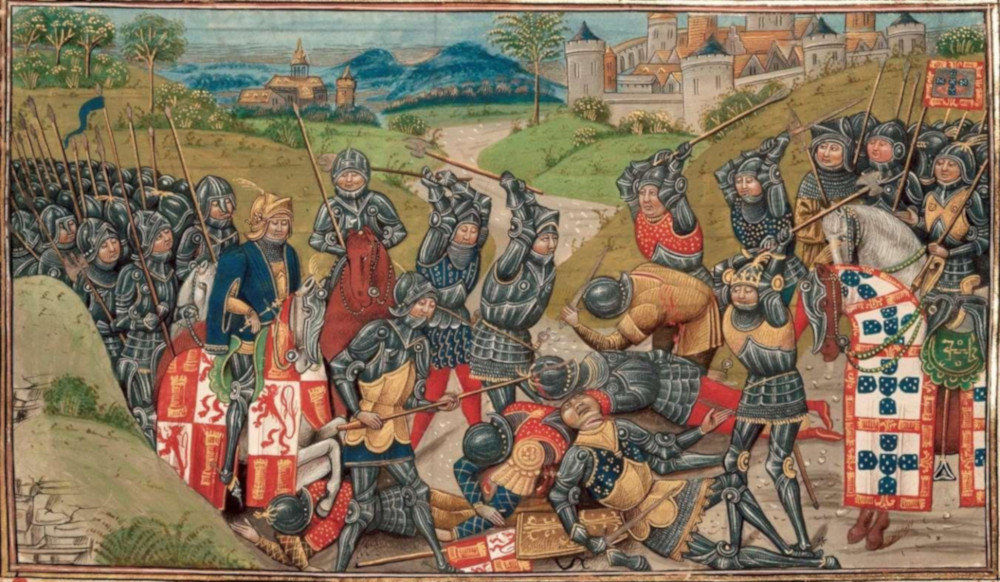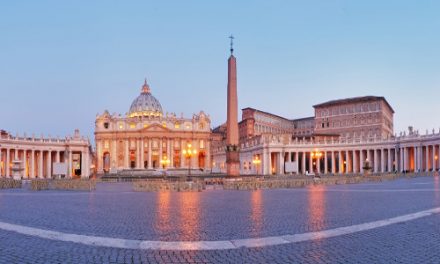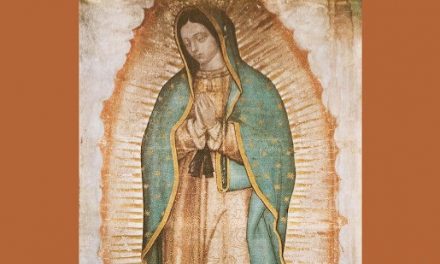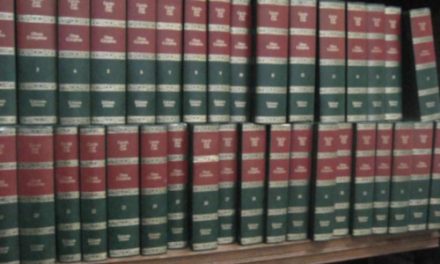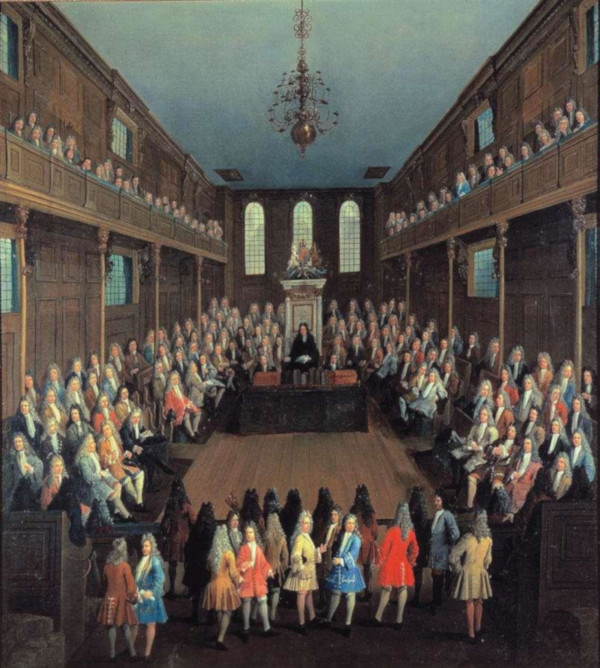 The Mexican historian Enrique Sada, regular contributor of the Royal European Academy of Doctors-Barcelona 1914 (RAED), has presented the study “De la Teoría del Estado a la Administración Pública” (From State Theory to Public Administration), which will be published in the next issue of “Tribuna Plural”, the scientific magazine of the Academy. In his work, Sada traces the evolution of the organization of the State and Public Administration from its formulation in the medieval kingdoms to the constitution of the United Mexican States as early as the 19th century, analyzing the different currents of thought and the models of political organization that have happened throughout history.
The Mexican historian Enrique Sada, regular contributor of the Royal European Academy of Doctors-Barcelona 1914 (RAED), has presented the study “De la Teoría del Estado a la Administración Pública” (From State Theory to Public Administration), which will be published in the next issue of “Tribuna Plural”, the scientific magazine of the Academy. In his work, Sada traces the evolution of the organization of the State and Public Administration from its formulation in the medieval kingdoms to the constitution of the United Mexican States as early as the 19th century, analyzing the different currents of thought and the models of political organization that have happened throughout history.
“To carry out this analysis, we must first reflect on the gestation and evolution that has somehow come to happen in the Modern State, as we know it, the same in the development of their own patterns as well as in their interrelation with other external elements such as public figures and their personal style of governing, as well as their interrelation with other alternate, not entirely governmental, and other levels even; and secondly on the interrelation that by nature exists between citizens and the nation state to which they belong”, Sada considers at the beginning of his study.
The historian also stops at the supranational structures that were formed around certain empires or kingdoms and even the Church, and how it led to a debate both legal and religious. “After the creation of the so-called Lutheran and Anglican churches, the Catholic Church experienced a stage in which its legitimacy as a supranational authority was strongly questioned, a pattern in which from the time and influence in which the thinking of authorities in the matter as Erasmus of Rotterdam or Saint Thomas More clashed head-on with the all-embracing and statist claims of Luther, Calvin, and Henry VIII, who, flattering the ambition of the princes of their time, tried to sell the idea of how convenient it’s for the ruler to concentrate of absolute power -temporal and spiritual- in a single regal figure, in the same way as the ‘rex et sacerdos’ of pagan protohistory, although endowing it with a nuance that emphasized the preponderance of the nationalist sentiment at all costs”, he explains.
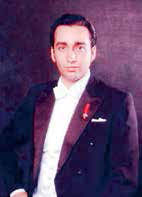
Enrique Sada Sandoval
Sada also analyzes the moral role of the State and its role as guarantor of individual liberties. “Political action, like all activity from man, can not be exempt from its corresponding moral weight before society in general or before the conscience of the individual, so that a political act can be defined as right or wrong, according to certain ends, means or circumstances, all aimed at the ultimate conquest of a supreme good, as inferred”, he adds.
To conclude in the definition of State as” that organization corresponding to a certain group of individuals, settled from time determined in a territory after having constituted a legal order that constitutes itself thanks to the designation of an assembly or body of officials, generally elected by them, with the purpose of guaranteeing through the exercise of supreme command the transgenerational continuity of what is clearly defined as the establishment of public power, after the consolidation of a visible authority autonomously, hierarchical and centralized, tends to ensure the preservation of the common good”.
Complete document


